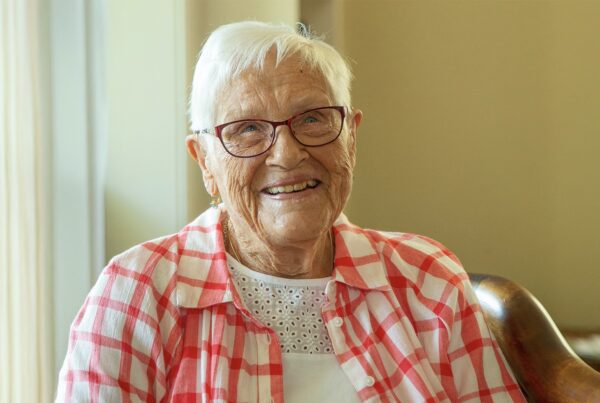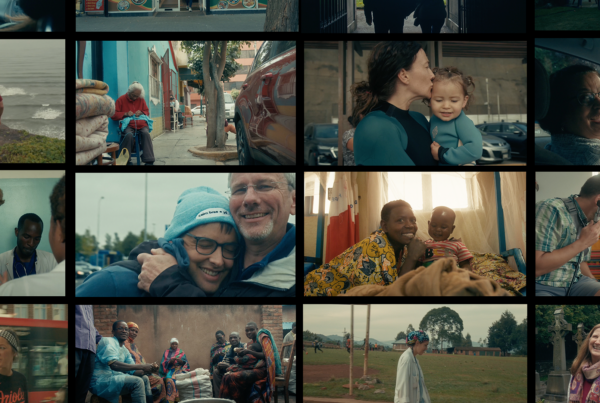We made dinner plans a day before with bright and cheery expectations. But by the time my friend walked through my back door, I could tell something was wrong.
She looked tired. Her eyes were puffy. I collected my thoughts and asked, “Do you have a cold, or have you been crying?”
“Both,” she said. And proceeded to share what was upsetting her.
It was evening at this point. I had just finished a long day.
I had my own stressors. As she shared, I felt my impatience rise within me. I wanted to minimize her situation and the way she felt about it.
Only by God’s grace did I resist stating platitudes like, “When God closes a door, He opens a window.” But seriously, I wanted to.
In my heart, the situation was simply that easy to fix. Or I needed it to be that easy.
Have you ever noticed how solutions seem so clear when you think about the struggles of others and so inscrutable when you think about your own problems?
“Just change your attitude.”
“Look for a new opportunity.”
“Maybe there is a silver lining in all of this.”
The reality is that I didn’t want to share in any piece of my friend’s experience of pain and disappointment.
My own life and needs were on my mind. And, I thought if I entered in, her pain would now be my problem to solve.
I believe these are two of the top reasons we want to “fix:”
- We want get the focus back on ourselves and exit from the suffering of others
- We are unable to sit when “shalom is shattered” (to use Dan Allender’s expression) and just grieve.
Yet we need each other.
None of us wants to be fixed. We all want to be heard.
I need others to walk with me and I need to walk with others. I need people to point me to Jesus, the Man of Sorrows who entered into our world and brought resurrection.
If you are interested in growing as a person who walks alongside others, may I recommend Serge’s online course Discipleship Lab? This course is a great gift to those of us who’d like to grow in being more life-giving friends, church members, and neighbors.






